UNDP Guide to Deep Listening
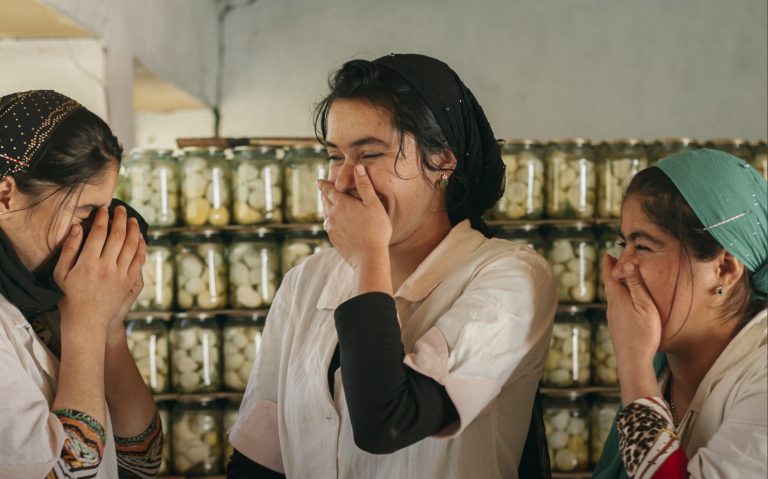


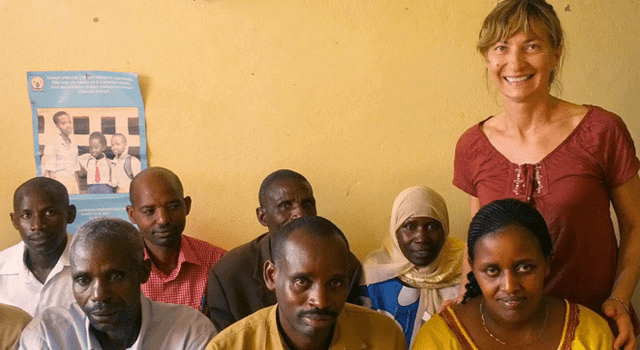
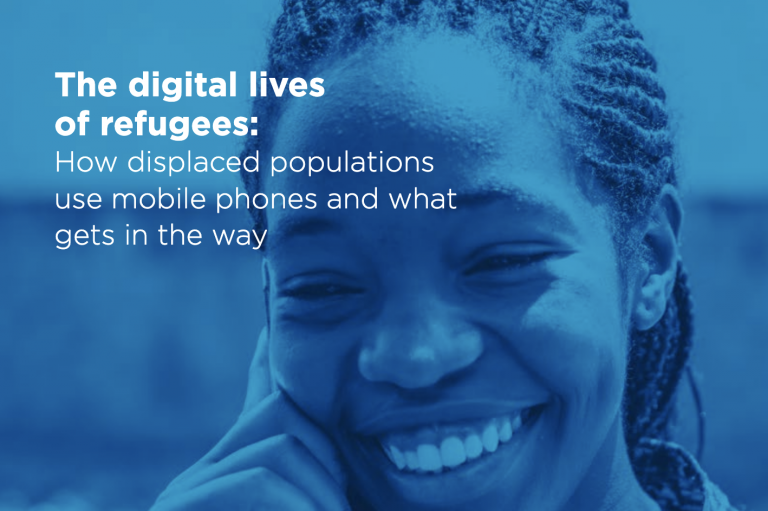
There is growing recognition among donors and humanitarian organisations that mobile technology and mobile network operators (MNOs) have an important role to play in the delivery of dignified aid. This includes providing digital tools that help people affected by crisis…

The Next Billion Users: Digital Life Beyond the West by Payal Arora Harvard University Press, 2019 280 pages A digital anthropologist examines the online lives of millions of people in China, India, Brazil, and across the Middle East – home…
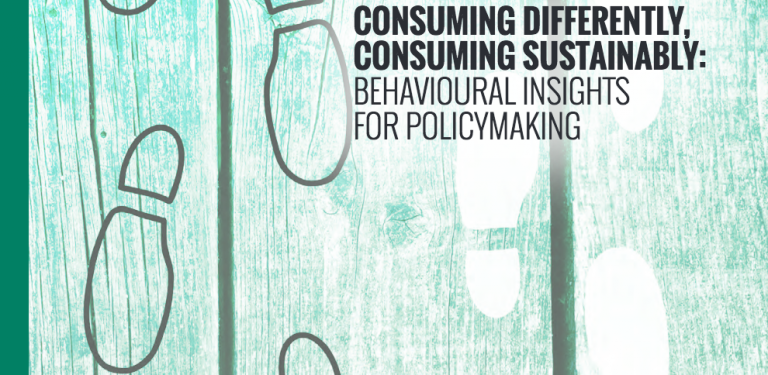
The objective of this report, published by the United Nations Environment Programme (UNEP) is to shed light on opportunities to strengthen the effectiveness of policies for sustainable consumption in both developed and developing countries. The publication provides evidence-based insights from…
As societies face increasingly complex problems, design is emerging as the tool to solve some of Asia’s biggest issues. Through field trips with designers skilled in human-centered design, the team behind Ethnographers’ Field Guide to Innovation, a new series on…
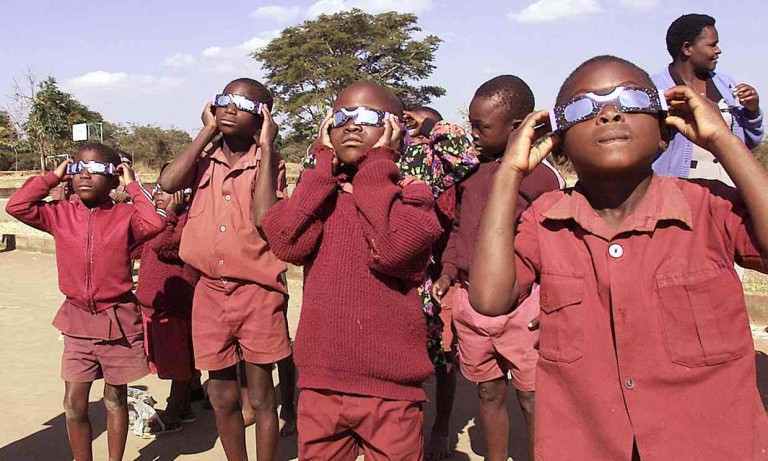
Many of the problems governments and NGOs in developing countries are trying to fix are at least partly behavioural. This is where nudge theory comes in. It is about using insights from behavioural science to identify reasons why people make…
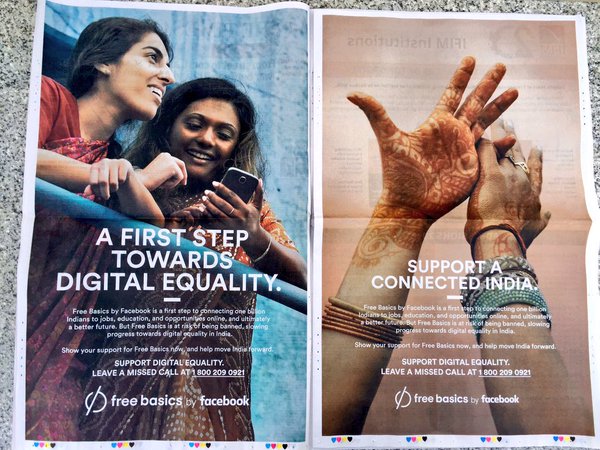
Uday Dandavate, co-founder and CEO of design research company SonicRim, is appalled about Facebook pushing its Free Basics program in India, which he think is driven by “an attitude that represents stupidity wrapped in ignorance”. He just posted this reflection…
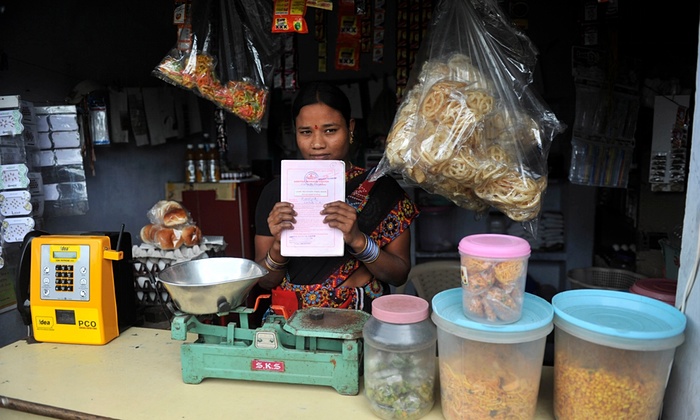
Far from being a panacea, small loans add to poverty and undermine people by saddling them with unsustainable debt, argues anthropologist Dr. Jason Hickel of the London School of Economics: What’s so fascinating about the microfinance craze is that it…
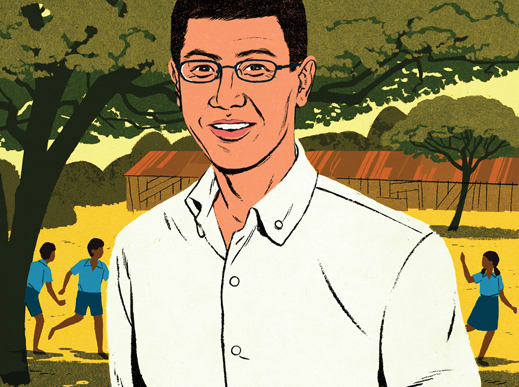
Kentaro Toyama is a former Microsoft Research Executive and now an associate professor at the University of Michigan. Toyama calls himself “a recovering technoholicâ€â€”someone who once was “addicted to a technological way of solving problems.†Five years in India changed…

In 2014, Ericsson and UN-Habitat (United Nations Human Settlements Programme) entered a three-year partnership with the intention to collaborate around Information and Communication Technologies (ICTs) and sustainable urbanization. One of the first explorations was driven by the Ericsson User Experience…
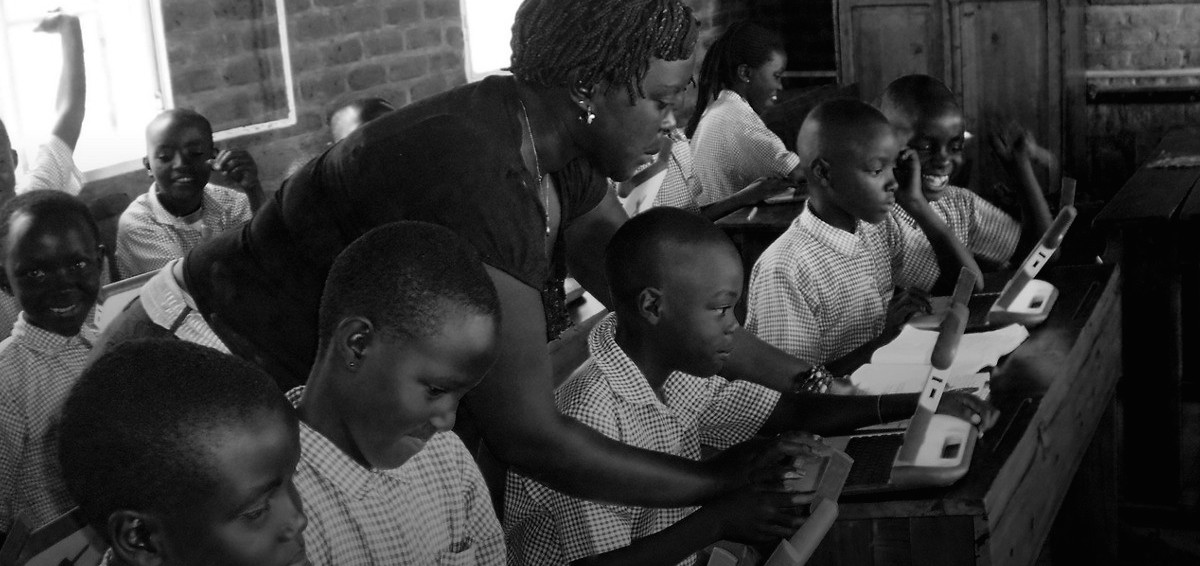
People talk about the future of technology in education as though it’s right around the corner, but most of us get to that corner and see it disappearing around the next. This innovation-obsessed cycle continues as we are endlessly dissatisfied…
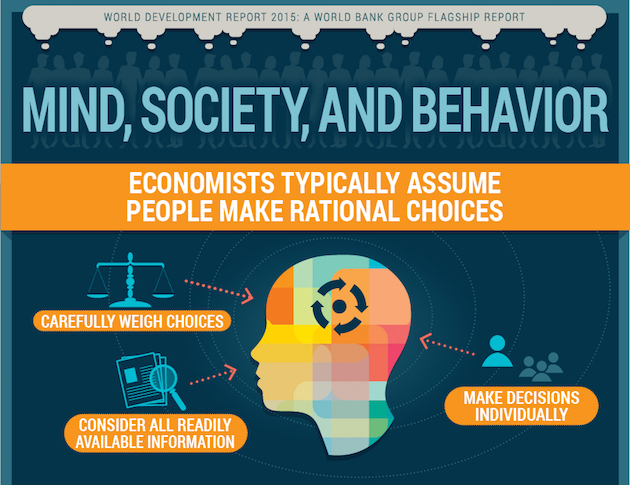
WASHINGTON, December 2, 2014 — Development policies based on new insights into how people actually think and make decisions will help governments and civil society achieve development goals more effectively. A richer and more accurate understanding of human behavior can…

Steve Daniels, director at Makeshift magazine, explains why informal economies are the world’s biggest — and most overlooked — design research opportunity. “Informal economies are society’s sandbox, where early experimentation can take place freely. In the same way that thoughtless acts inspire us to…

Every time we return to or sign up for an Internet service (e.g. Facebook, Google, Gmail, YouTube, etc.), writes Hassan Baig on TechCrunch, we rely on what UX experts call a “mental model†for navigating through the choices. “A mental…
Earlier in 2014, two consecutive Mondato Insights examined the role of Human Centered Design (HCD) in enhancing the user experience and closing the gap between registered and active users of Mobile Money. In the six months since then, reports Mondato,…

The humanitarian sector must lift barriers to user-led innovation by refugee communities if it is to meet the challenges of an ever-changing world, says a new report, Humanitarian Innovation: The State of the Art, published by the UN Office for…
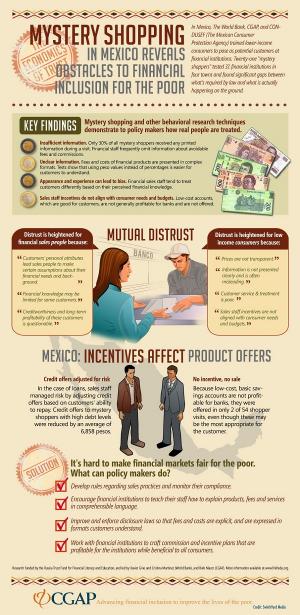
In its new Focus Note, Applying Behavioral Insights in Consumer Protection Policy, CGAP (a unit affiliated with the Worldbank) presents a summary of the growing evidence from consumer and behavioral research for consumer protection policy on four topics—disclosure and transparency;…
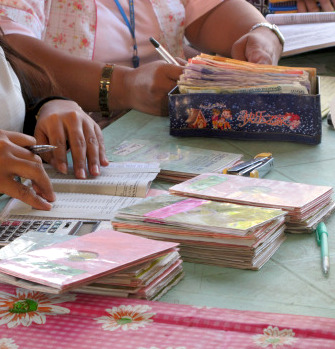
Alexandra Fiorillo, Principal of GRID Impact, writes that if we want to achieve full financial inclusion, we cannot simply offer more financial products and services to more people and hope they need, want, like, and use them. Instead, she writes,…